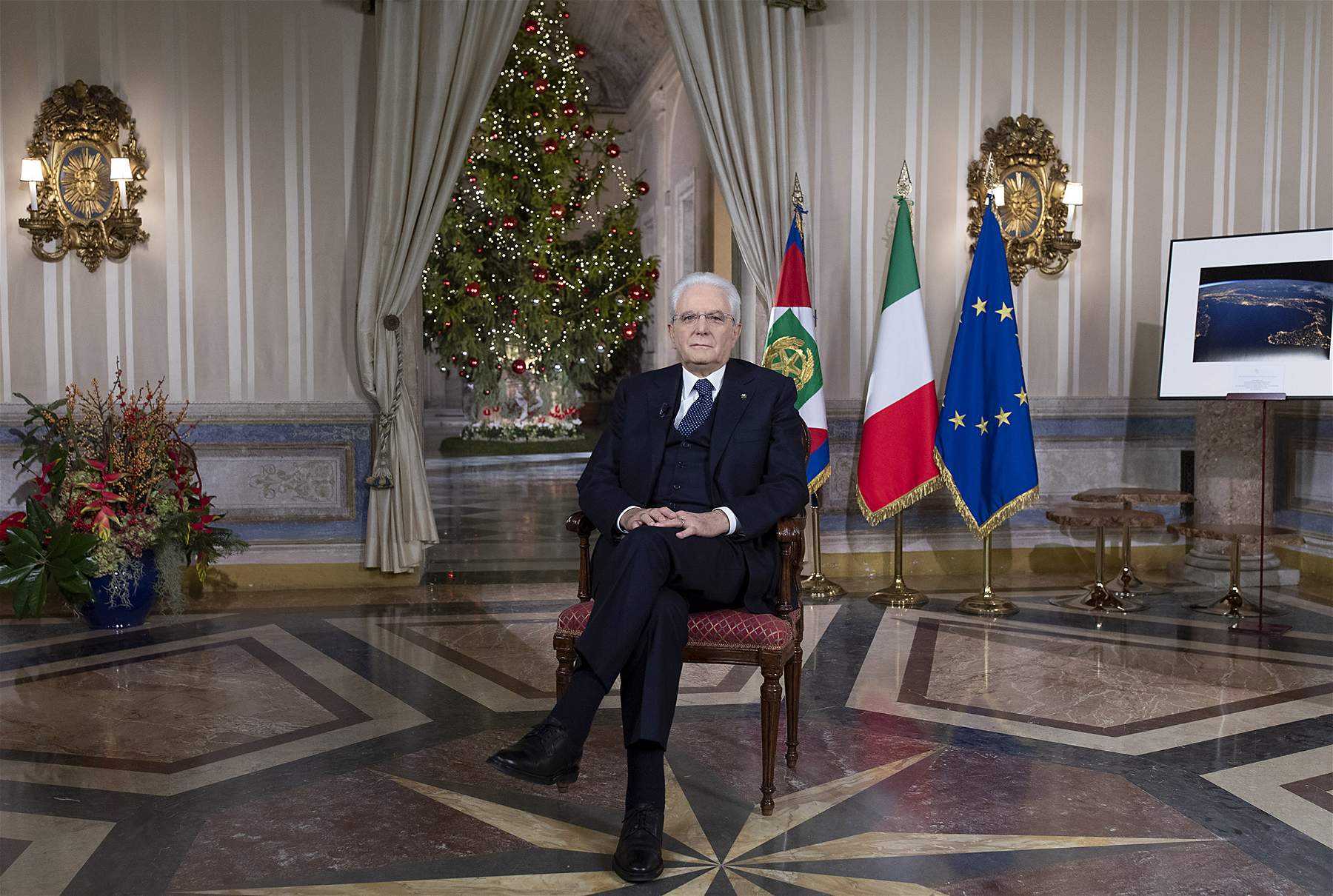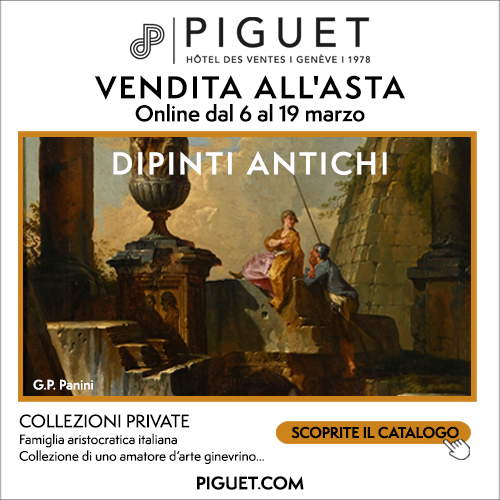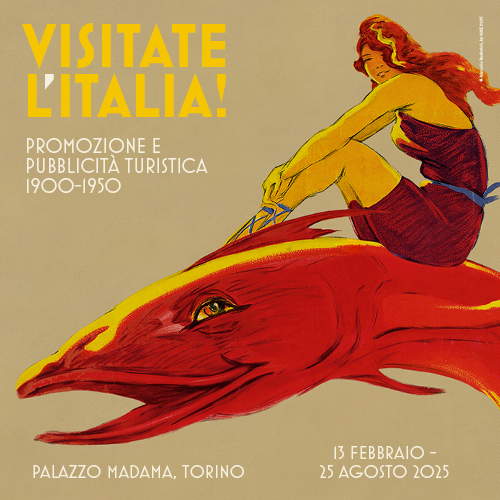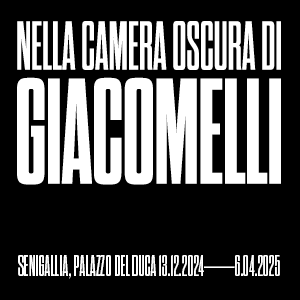In year-end speech, President Sergio Mattarella stresses the role of culture and education
Culture played a prominent role in President of the Republic Sergio Mattarella’s year-end speech. After recalling that in the year that just ended we celebrated Leonardo da Vinci, that in the one that opens we will celebrate Raphael, and that in 2021 it will be Dante Alighieri’s turn, Mattarella stressed the importance of culture for our society.
“The mosaic that makes up Italian society,” the president said, “has many precious tesserae. I am thinking, among others, of the world of our universities, research centers, and prestigious institutions of culture. I have known and appreciated on many occasions the activity that takes place in this constellation of places of thought, innovation, science. This is an invaluable wealth of ideas and energy for building the future. It is essential that it be available to all. That it be known, told, shared. That obstacles be removed and the relationship between cultural institutions and society and access to knowledge be made easier.”
And again, “culture,” Sergio Mattarella said, “is a great propeller of quality of life and makes the social fabric of a country more solid.” He could not miss a thought for the capitals of culture: “We thank Matera, which has done honor to Italy and its Mezzogiorno, in this year in which it has been European Capital of Culture. In this spirit I extend my best wishes to Parma, which, with its extraordinary human and artistic heritage, from tomorrow will be the Italian Capital of Culture for 2020.”
And again, there was room for an appeal to civic-mindedness and respect for the needs of others and for public affairs: to do so, Mattarella made mention of an artistic design object that an association of differently abled people gave him for Christmas: a chair, “very simple but which I will keep with care,” the president said, as it bears the inscription “When we lose the right to be different, we lose the privilege of being free.” A message that “fully expresses the true meaning of coexistence,” Mattarella said.
In the speech’s finale, Mattarella, greeting Luca Parmitano, the first Italian astronaut in command of the international space station, shared an idea of his own: “from up there, from that spacecraft (as he told me when we connected) he senses how incomprehensible and senseless the enmities, oppositions and violence in an increasingly smaller and more collected planet appear.” And, the president concluded, Parmitano “conveyed a message that I make my own: hope consists in the possibility of always having something to reach for.”
 |
| In year-end speech, President Sergio Mattarella stresses the role of culture and education |
Warning: the translation into English of the original Italian article was created using automatic tools. We undertake to review all articles, but we do not guarantee the total absence of inaccuracies in the translation due to the program. You can find the original by clicking on the ITA button. If you find any mistake,please contact us.





























